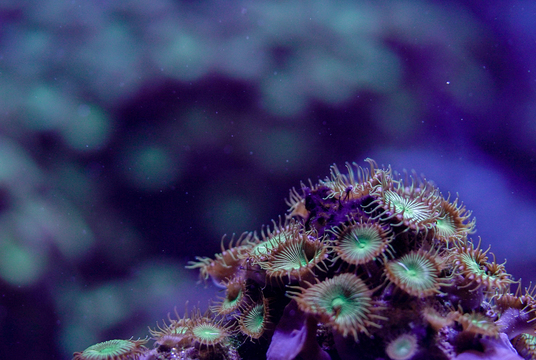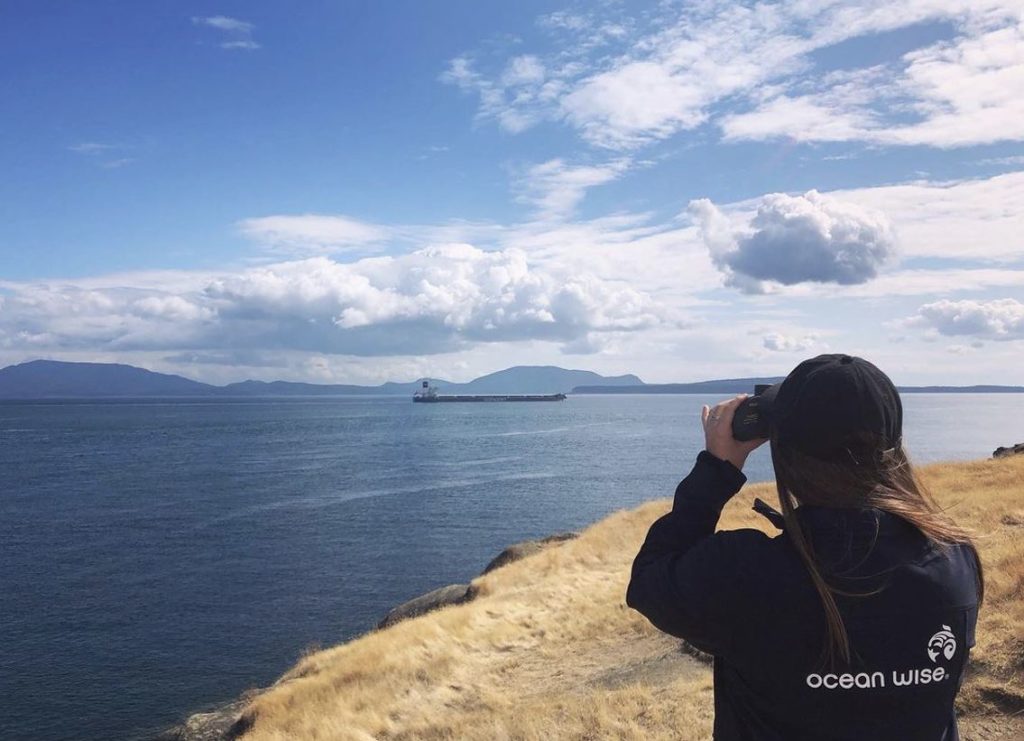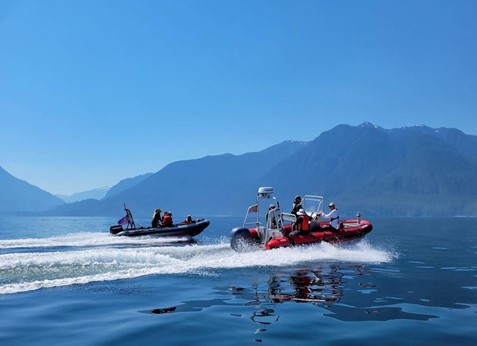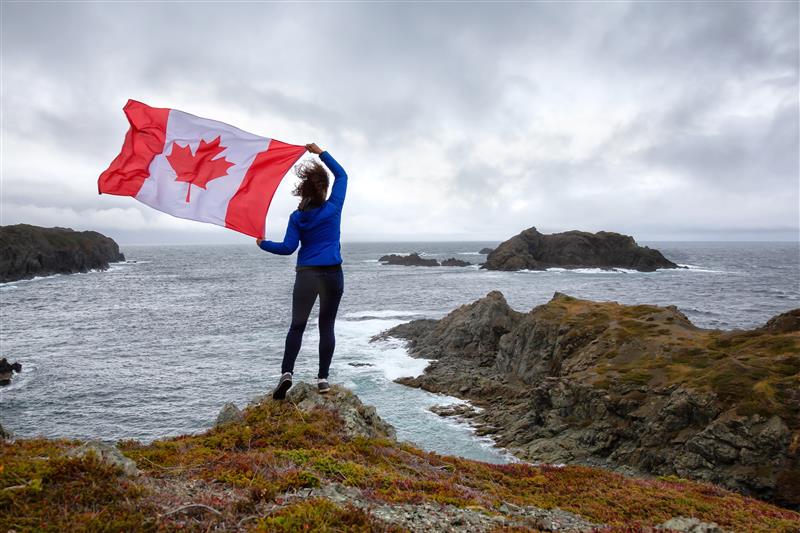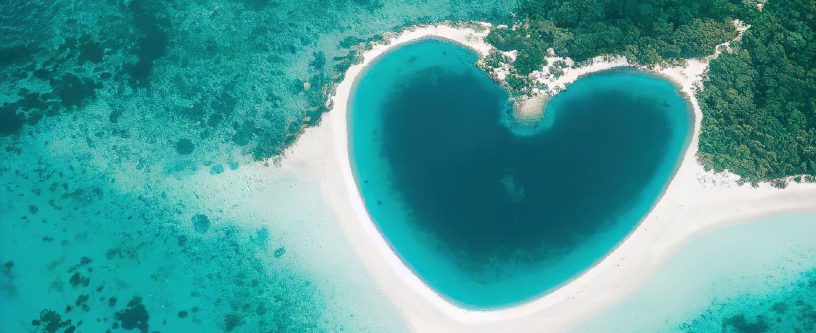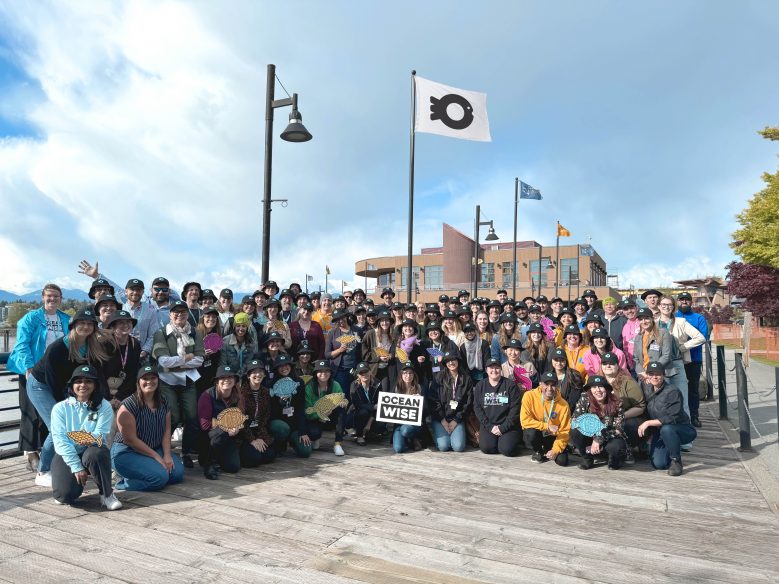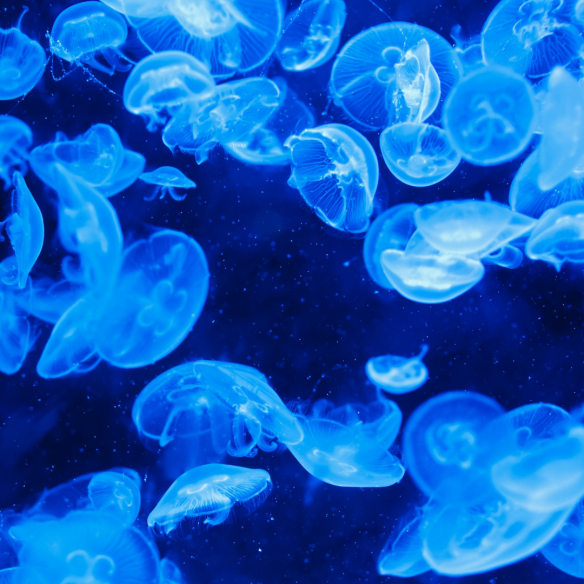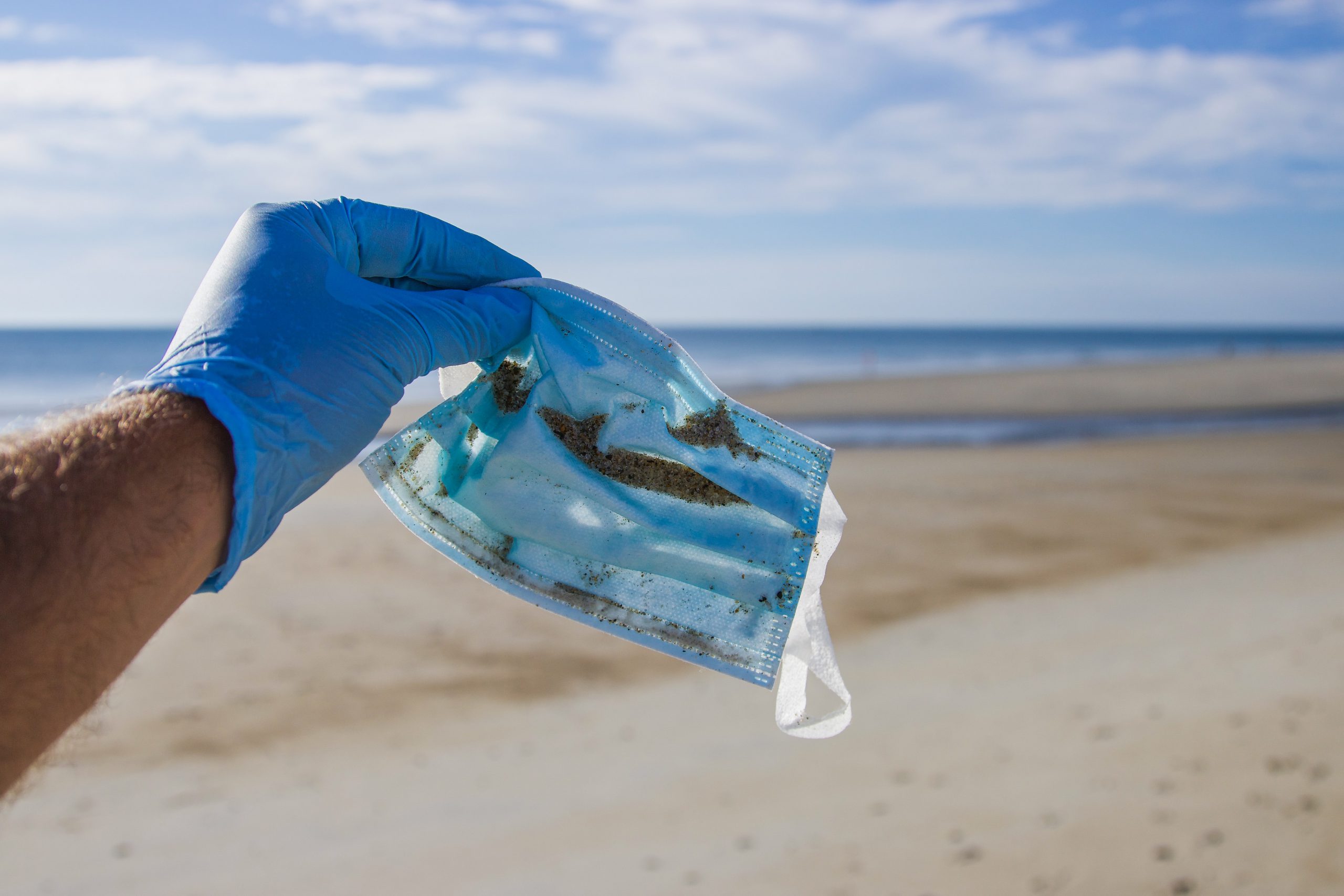
Ocean Not Immune to Impacts of COVID-19 Pandemic
Impacts from the COVID-19 pandemic have been far reaching, touching industries and issues as diverse and complex as tourism, education, and mental health. And now, we know that COVID-19 is also impacting our oceans.
Researchers at Ocean Wise have been examining COVID-19’s impact on the ocean through a pair of spotlight reports, the first of which was was published this summer and examined the impact of the pandemic on marine mammals.
This month, the second report on COVID-19 was publishedlookingat how public health restrictions have impacted ocean research, ocean conservation activities, and sustainable seafood.
In this report, titled COVID-19: Waves of change – How a global pandemic impacted our oceans, authors examine how public health restrictions have resulted in lost ocean research opportunities, reductions or cancellation of volunteer-based ocean conservation activities, as well as shifts in seafood related industries.

Interrupted field work due to COVID-19
Ocean research has become increasingly important due to the diversity of threats facing our marine environments, including climate change, ocean acidification, pollution, and the overexploitation of resources. For researchers who study the ocean, the implementation of strict COVID-19 health guidelines (such a physical distancing requirements) meant that field work and data collection trips were cancelled or postponed. Researchers have been able to adapt somewhat but the reality is that gaps in data collection and missed observations have very likely occurred. This Spotlight report interviews Ocean Wise’s Ocean Biodiversity Research Team to understand how their work was impacted by COVID-19, and what adaptations were made.

COVID’s impact on citizen science
Often heavily reliant on community volunteers, ocean conservation groups and citizen scientists play a large role in marine conservation through activities such as data collection and monitoring, ecosystem rehabilitation and litter removal. But like everyone else, citizen science and conservation groups have had to adapt to COVID-19. During the pandemic, the Great Canadian Shoreline Cleanup saw a major decline in the number of organized cleanups compared to previous years. Consequently, much less litter has been cleared off Canadian shorelines compared to previous years.

Sustainable seafood market
Businesses within the seafood supply chain, including restaurants, have suffered significant economic burdens because of COVID-19 restrictions on capacity and operations. This has resulted in the closure of nearly 1 in 10 independent restaurants, thereby impacting fishers and suppliers. Closely monitoring impacts to industry and helping to support businesses that promote sustainable seafood throughout the pandemic is more important than ever to support sustainable seafood options to help ensure fish populations remain healthy and meet the continuing demand for seafood.

The immensity of global actions to slow the spread of COVID-19 demonstrates that we can make large changes to better care for our oceans. What we do to restart after COVID-19 restrictions are lifted will define a new ‘normal’ for our oceans. We have an opportunity to prioritize ocean health, to invest in research to improve our knowledge, re-evaluate our waste production, and choose sustainable seafood in support of healthy oceans.
Posted October 29, 2020 by Ocean Wise

